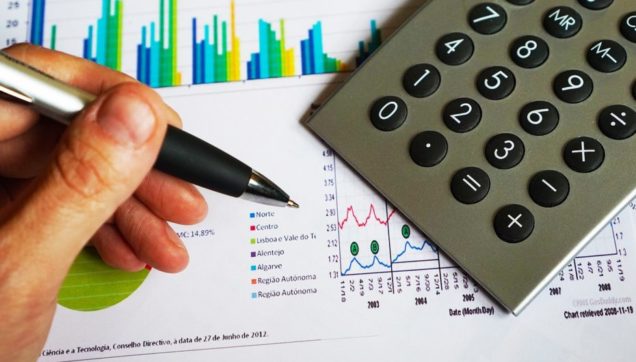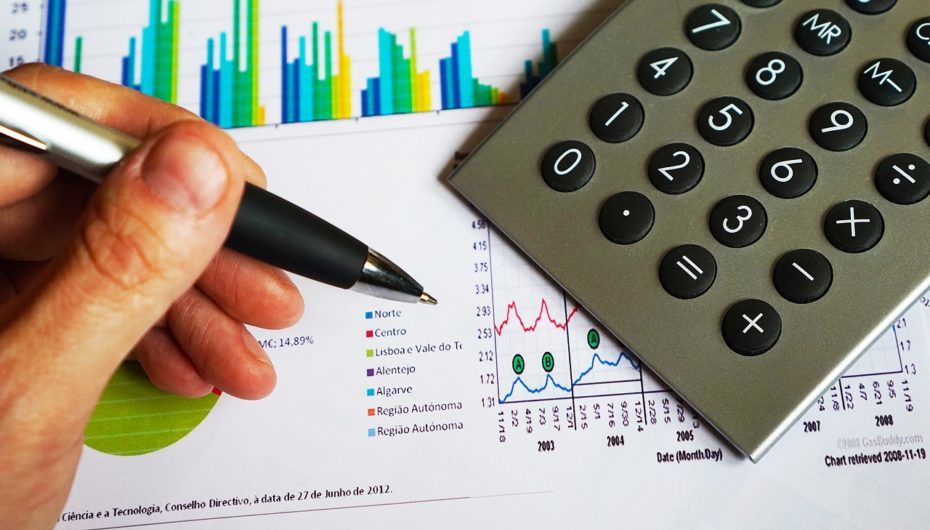There’s an old adage that “time is money.” When it comes to investing in commercial real estate (CRE), then nothing could be truer. If you are dealing with investments, capital budgeting, or loans, you need to know about the time value of money. If you are a CRE investor, then understanding the principles behind the time value of money is essential to your financial success.
What is the Time Value of Money?
In essence, the time value of money works on the principle that money received just now has more value than money received in the future. What does this mean?
Let’s say you were given the option of receiving $50,000 today or receiving it in a year’s time. Which would you prefer? Obviously, having $50,000 today is of more value to you than in the future. With inflation, cash loses its value as time goes on. So, in 10 or 20 years’ time, $50,000 will be of less value than today.
Principles in Calculating Time Value of Money
Let’s look at the 2 basic principles of calculating the time value of money – compounding and discounting.
Compounding
Compounding is looking at the amount of money you currently have or receive and calculating its value in the future.
So, if you have $50,000 to invest today, you take into consideration the percentage you will earn annually on your investment and the time period of investment. Therefore, $50,000 that is invested at 10% over a 10 year period will have greater value than it does today.
This is called compounding because you start earning interest on your investment. Then as this grows, you are actually earning interest on your interest.
Discounting
Discounting does the opposite. It looks at the amount that should be received in the future and calculates its current value. This can help an investor plan for future cash flow problems. It can also help investors know how much should be invested today to receive a specific amount in the future.
However, that is just the start. There are methods to accurately calculate the time value of money. Many investors use online calculators which take into account all the components of a time value of money calculation.












